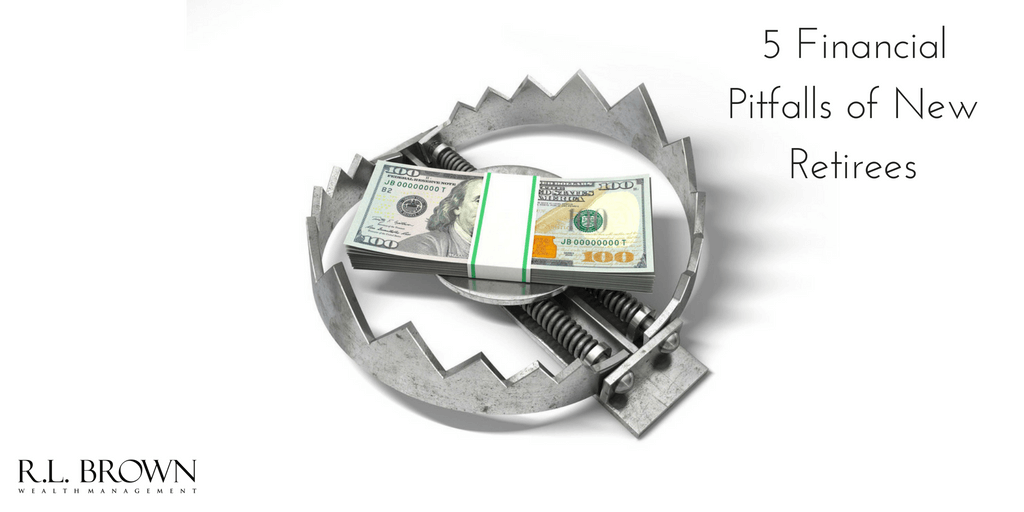Have you given much thought to your credit score lately? If you haven’t, you probably should. Those three numbers can determine a lot of things about your financial future, so it’s important to know where you stand. Here are a few things that are important to know about building up and maintaining a good credit score:
1. Low scores can be reversed
There are plenty of ways a credit score can be damaged. Perhaps you had to declare bankruptcy because of a recent difficult financial situation. Or maybe you don’t have much credit at all if you’re a recent college graduate, you’ve recently moved to this country, or just got divorced. Luckily, there are also a lot of ways to improve your score. Whatever the reason for your low score, start repairing it by paying bills on time and slowly, but surely seeking out credit and using it responsibly. This means not only paying off balances when they’re due, but also not running up too high of a balance on your cards. You should generally try to keep the balance below 30% of your total limit.
2. Employers and landlords are authorized to do credit checks
Before applying for a job, or deciding to rent a home or apply for a mortgage, it’s a good idea to check your credit. That way, if it’s low, you’ll know you’ll need to try and improve it before attempting to make one of these life changes. Note: your credit could also be considered when trying to purchase a new cell phone plan or invest in a monthly satellite television plan. In the case of employers, they are required to ask for your permission to check your credit, and if they decide not to hire you based on this info, they must tell you. Landlords don’t have to get your permission, but they are required to let you know they denied you an apartment based on your credit score.
3. Many things factor into your credit score
FICO scores are calculated based on the following, which are listed in order of importance:
35%: Payment history. What’s your record of paying your loans and credit card bills on time? If it’s good, then that will be reflected in your credit score.
30%: Amounts owed. This has to do with something called your credit utilization ratio, which I talked about in the first point. Basically, don’t rack up a balance on your credit card that makes up a high percentage of your total available credit. Instead, aim to spend no more than 30% of your credit limit.
15%: Length of credit history. Generally, the longer you’ve been using credit, the better.
10%: Credit mix. It’s best to have a variety of accounts, including revolving debt (like credit cards) and installment loans (like mortgages).
10%: New credit. It’s never a good idea to apply for several different new loans and credit cards in a short period of time. This shows you may be desperate to obtain credit due to your financial situation.
Refrain from going overboard and applying for a bunch of new loans and credit cards in a short period of time. It looks like you’re desperate for credit.
4. You can obtain your credit score for free
Under federal law, you’re permitted to pull your reports for free once per year. Request one every four months at annualcreditreport.com. Several credit card providers, such as Discover and Chase are also issuing free credit scores to cardholders, as well as websites like CreditKarma.com.
5. Your credit score is a major factor in determining interest rates and whether you can obtain a loan.
If you have a low credit score, lenders often charge higher interest rates because you may be viewed as a “risky.” On the flip side, a good credit score can save you considerable money, since you’ll be more likely to achieve the best interest rates, thus paying less money back on your loan over time.
Banks and lenders also take a serious look at your credit score when they are deciding whether to approve your loan at all, whether it’s for a car, home, or personal use. It’s also a factor when applying for a credit card.
The bottom line: Hopefully you’ve realized by now that credit scores are important. Since they can have a huge impact on your financial future, it’s a good idea to examine yours today and research what you can do to improve your score if it isn’t up to par.
Source: Forbes.com







